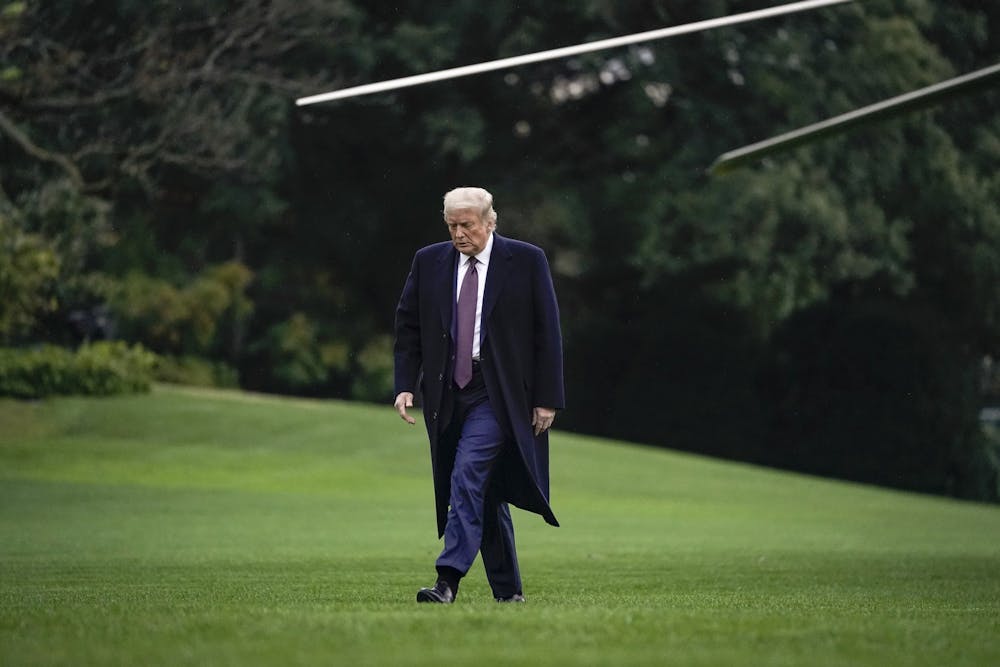With President Donald Trump’s escalating rhetoric of an unfair election, many are concerned as to whether or not he will accept the results in November, junior Alessia Modjarrad, president of the IU Democrats, said.
In the unlikely event Trump does not willingly leave the Oval Office, he faces many constitutional barriers that have historically ensured a transition of power.
“For us to face a constitutional crisis about who is president of the United States at the moment that the coronavirus is raging and our economy is sliding would be absolutely disastrous,” Professor David Williams, Executive Director of the Center for Constitutional Democracy, said.
Senior Jason Apple, president of IU Republicans, said if Trump tried to stay in power, he would not have the backing of the Republican party as a whole, aside from a small minority of dedicated supporters.
Apple said the president enjoys dramatic rhetoric, but does not always follow up with action.
“He likes to talk big, make big press, but then doesn't necessarily come through,” Apple said.
However, if Trump were to attempt to stay in power, he would have to establish unconstitutional military control, an event that is highly unlikely to happen, Williams said.
“In the end it’s going to be the question of who has the guns,” Williams said. “We vest in our military officers that their ultimate loyalty is to the Constitution and not the person who happens to be sitting in the Oval Office.”
Williams said Trump will likely claim the election was fraudulent and the poll numbers are inaccurate, a message that has frustrated students like freshman Natalie Asher.
“By him stating repeatedly that it could take months to figure out the election results, kind of showed that he doesn't intend to go down easily if he doesn't win,” Asher said.
However, with the recent appointment of Amy Coney Barett, many are concerned Trump will use a more conservative Supreme Court to stay in office should the court have to decide an outcome in the event of a close election.
“I certainly think that anybody that President Trump appoints, from here on out, would have to recuse him or herself,” Williams said.
Apple said he is confident the judges will make an impartial decision.
Above all else, Modjarrad encouraged student turnout to the polls.
“Before we even get to the idea of a lack of transition of power, students need to vote,” Modjarrad said.
No matter how divisive or tumultuous the 2020 election may be, students should feel motivated to hold their leaders accountable and raise their voices, junior Anthony Morales, director of social impact for IU Union Board, said.
“Students should always voice their opinions, whatever that may look like, whether it's protest, or writing in to the local governments,” Morales said. “You should always find a way to support each other and to find ways to be heard.”




